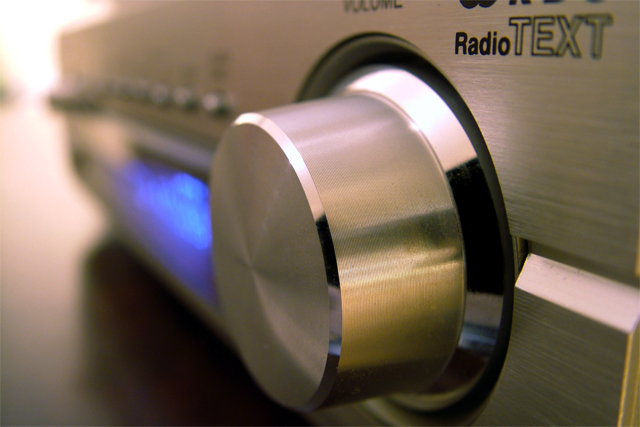
The BBC reached an average of 34.85 million people in the three months to 14 September, down from 35.23 million in the second quarter, while commercial radio reached an average of 34.04 million people (down from 34.41 million).
On average, listeners devote 15.7 hours each week to BBC radio, up from 15.5 hours in the previous quarter, while commercial stations pull in audiences for an average 13.1 hours each week, up from 12.9 hours in Q2.
But while the BBC's largest station, Radio 2, managed to hover above the 15 million mark in terms of its weekly audience, it is slowly slipping downwards, losing 480,000 listeners since last quarter and down from 15.56 million in Q1.
The losses are echoed in BBC Radio 2's breakfast show figures, where the highs achieved by its presenter Chris Evans did not last through to this quarter.
Although Evans' programme peaked at 9.91 million listeners in the previous quarter, the figures have returned to similar levels to a year ago – 9.3 million in Q3 of 2014 compared to 9.35 million the same time last year.
Radio 4 drew in 10.62 million weekly listeners – up 0.9 per cent on last quarter – toppling Radio 1 from its previous spot as the second-most popular station. Radio 1 achieved a 10.55 million-strong audience, down from just fewer than 10.8 million in Q2.
Locally, both BBC and commercial radio recorded a dip in numbers of listeners tuning in, with BBC local down 0.4 per cent to 8.95 million and local commercial figures down one per cent at 27.21 million.
Overall, 47.6 million listeners – 89 per cent of the adult UK population – tuned in to the radio each week during Q3, down by around 47,000 on the same quarter in 2013.
Meanwhile, 51 per cent of the population listen to digital radio every week. The share of all radio listening via a digital platform now stands at 37.8 per cent, up from 35.6 per cent in Q3 2013 and up slightly on the previous quarter, when the figure was 36.8 per cent.



.jpg)
.jpeg)
